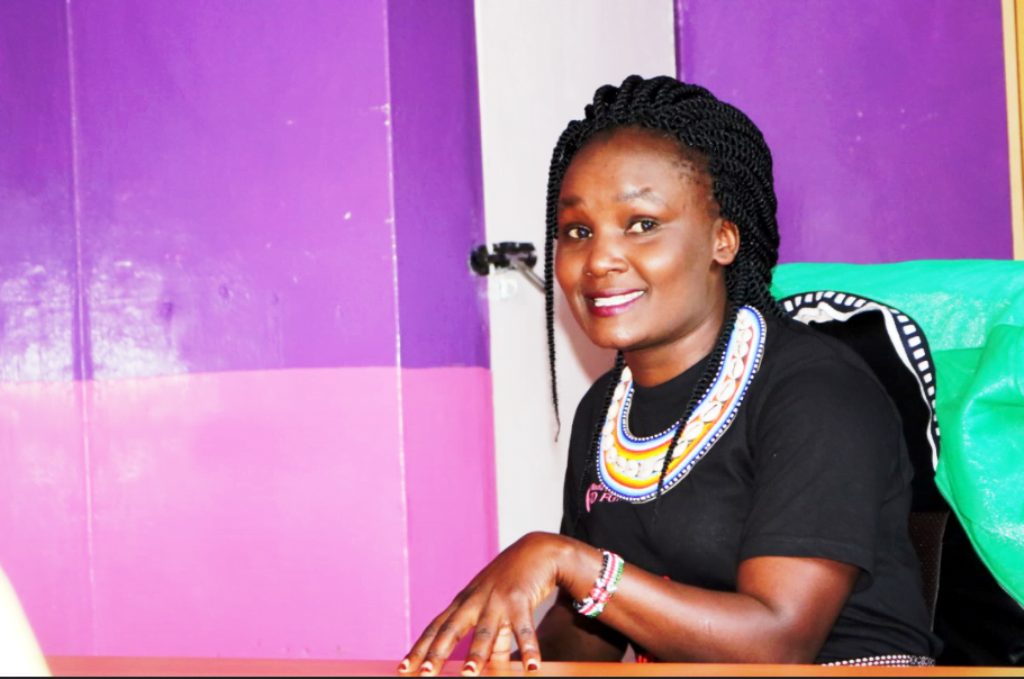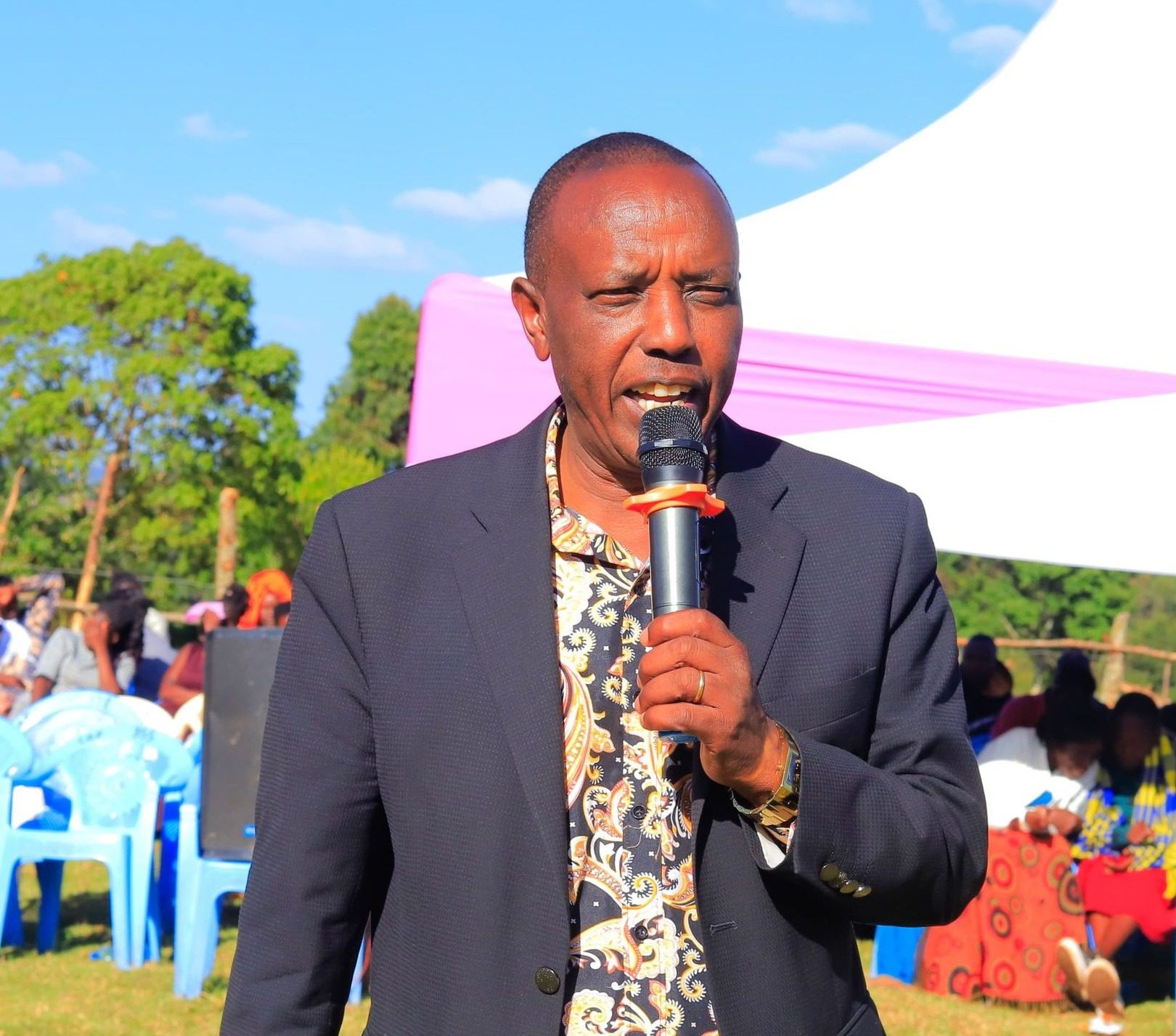The need to survive has forced many families in West Pokot County to trade off their girls in activities like early marriages and Female Genital Mutilation (FGM) in order to meet the rising cost of living.
FGM is of necessity before girls are given out in marriage, the exchange of which is food and cattle for the rest of the family to eke a living.
Despite the report by the Kenya Demographic and Health Survey 2022 that the rate of FGM practice in the country has reduced from 38 per cent in 1998 to 15 per cent in 2022, the community still practices it at an even larger scale as a precursor to early and forced marriages.
Non-governmental organizations working in the county have revealed that more than 100 girls from the region underwent FGM during the long December holidays, hence failed to report back to school.
IREP Foundation Director Domtilla Chesang pointed out that the spike in the cases can be attributed to drought and insecurity in the region.
Chesang revealed that poverty has forced many people to marry off their girls and get dowry to survive.
“FGM is a requisite to early marriages in this community,” she said, adding that crimes like FGM and early marriages are now serving as the only source of income for the people in those communities.
She revealed that a snap survey showed that Lomut Ward is leading in FGM cases, followed by Masol, Seker and Alale.
She expressed concern that vulnerable girls and women face social, economic and political challenges that limit their coping capacity.
She noted that there is a trend in the Pokot community where some young girls are chosen and set aside to save the families from problems like starvation.
“Young girls are subjected to FGM and early marriages to salvage their families from starvation. The girls are married off to older men who are financially stable,” she said.
She revealed that the community cares less about education and that they have been pursuing two girls from Masol to go to school but their parents have refused.
Chesang pointed out that the IREP foundation had put in place measures to collect data on the girls who have not reported back to school following the vices. She also called on the government to be proactive and bring the vices to an end.
“We still have challenges along international borders as girls escape and go to their relatives to get circumcised. Many girls crossed over to Uganda for the cut as a prerequisite for early forced marriage,” she said.
Ms Chesang said that girls in villages are suffering in silence and need urgent medical attention and psychological support.
World Vision Programme Officer David Krop pointed out that there has been a rise in the number of early marriages in the Alale area that borders Uganda.
He noted that as a result of drought, many people dispose their cattle through dowry so that the cattle don’t die in their possession.
He noted that the organization visits schools to confirm with teachers the progress of enrollment.
Krop noted that the anti-FGM campaigns in the region have a lot of challenges due to loopholes at the border and lack of witnesses to testify in courts.
An elder Masta Yokiles called on the government to intensify their efforts towards curbing the vices by setting up rescue centres along the Kenya-Uganda border to curb the rising and frequent vices in the area.
Pokot North Sub-county Deputy County Commissioner James Ajuang noted that they have been sensitizing people against FGM.
He said that they are working hard to attain 100 per cent enrollment in schools in this area.
By our reporter
Get more stories from our website: Education News
You can also follow our social media pages on Twitter: Education News KE and Facebook: Education News Newspaper for timely updates.






